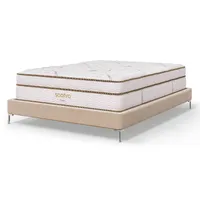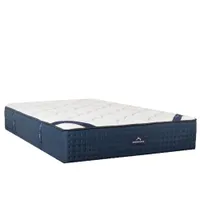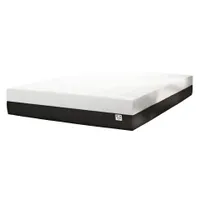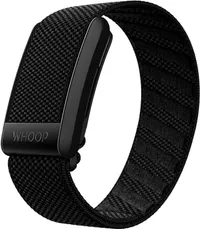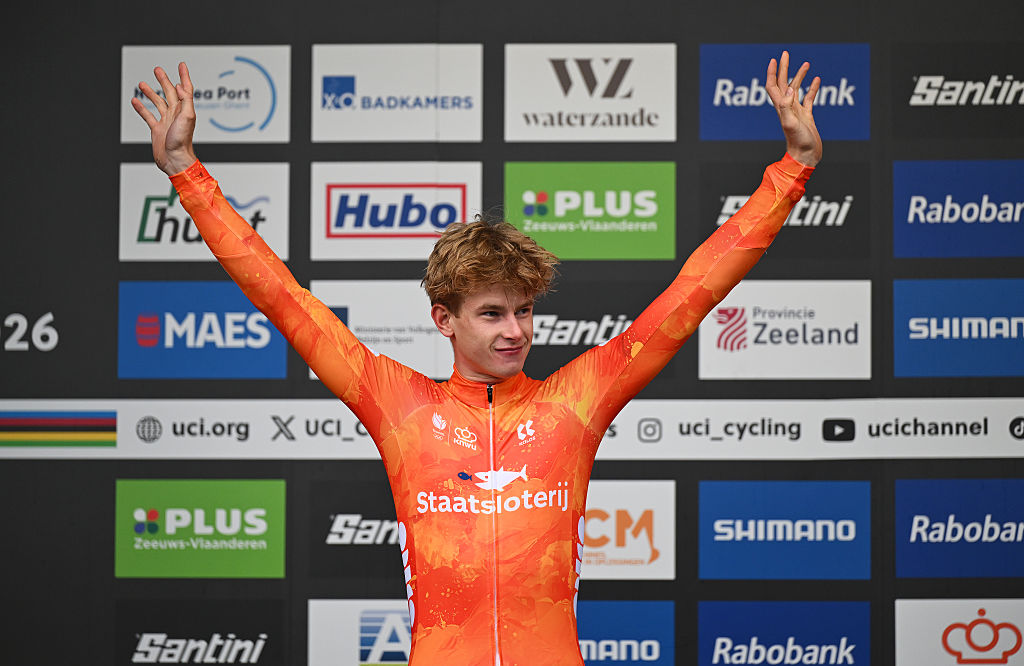The art of an early night: The performance-boosting technique most cyclists ignore
Top tips for a slumberous snooze
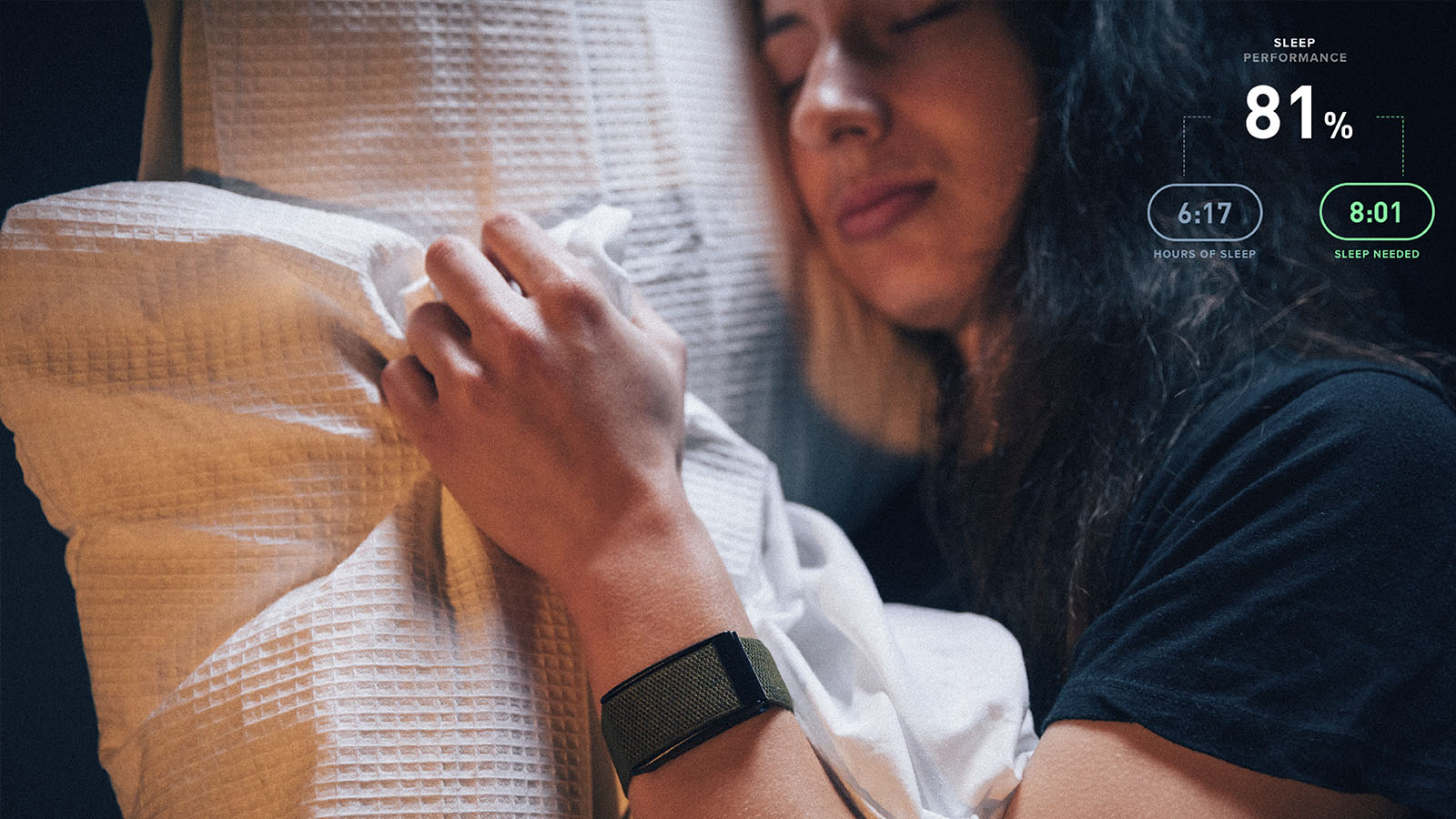
If you ask any professional athlete how to get faster, chances are they will mention the word recovery.
It's a common misconception among amateur athletes that to improve, you need to train more. It's true up until a point, but it ignores the basic principle of training, which is that you introduce a stress, then allow your body to recover, during which it will adapt and improve its capacity to deal with the same stress next time.
Over time, this stress, recover, adapt, and repeat process is known as progressive overload. We all know the stress part well: If you're a cyclist with any competitive ambitions, you'll have undoubtedly tried to use a training plan, fastidiously following interval sessions that get harder each week and all being well, set you up for success at your target event.
- Premium mattress USA: Saatva Classic:
$2,095$1,695 at Saatva - Premium mattress UK: Simba Hybrid Ultra:
£2,799.00£2,043.27 at Simba - Value mattress USA: DreamCloud Hybrid: $665 at DreamCloud
- Value mattress UK: Panda Hybrid Bamboo Pro:
£950.00£665.00 at PandaLondon - Whoop 4.0: 13% off at Amazon UK
- Whoop 4.0: 17% off at Amazon USA
But if you don't pay attention to the recovery part of that process, it'll more likely lead to burnout. Chronic tiredness, prolonged muscle soreness, irritability, decreased performance, and even insomnia are some of the symptoms, but the end result is probably illness, and definitely an inability to complete the sessions you've set yourself.
A good way to think of it is like a bucket with a hole in the bottom. If you keep on pouring in the stress without letting it empty, your bucket will eventually overflow.
But the secret that professional cyclists know, which most of us amateurs overlook, is that you can find ways to increase the speed at which our bucket empties.
Eating healthily, increasing protein, stretching and staying hydrated are some of the behaviours, but they pale in comparison to the benefits of a good night's sleep.
It's for this reason Team Sky used to bring their own mattresses to the Tour de France. It's also why you'll see the likes of Tadej Pogačar wearing an Ultra Human ring and Mathieu Van der Poel wearing a Whoop strap, both of which are designed to track your sleep and help you take steps to improve your recovery.
"Sleep is a key time when your muscles can repair and regenerate,” Kristen Holmes, Principal Scientist at Whoop told Cyclingnews, and interestingly, she added that “Athletes need to recognise that preparing for sleep begins the moment they wake up.”
There are a few key ways in which you can do this, which we've outlined below.
1. Optimise your environment
The room in which you sleep is an important factor in improving the quality and quantity of sleep. Research has shown that a dark, quiet and cool bedroom is optimal, but you can't understate the value of a good mattress to send you into a slumberous snooze.
Buying a good quality mattress is rarely a cheap expense, even if you do try to reassure yourself by calling it an investment, but by chance, with the Black Friday sales going on right now, there are a few great deals worth considering.
We've plucked the following few from our sister site Tom's Guide, which has an entire team dedicated to sleep. (What a job!)
Read moreRead less▼
USA: Saatva Classic mattress: $2,095 now $1,695 at Saatva
According to the Tom's Guide sleep experts, this is the best mattress they've ever tested, giving it the first-ever five star review in their history. They praised its immediate comfort, pressure-relief and the way it dissipates any excess heat.
It's obviously a lot of money for a mattress, but the Black Friday sale has softened that blow a little, bringing it down by $400.
Read moreRead less▼
USA: DreamCloud Hybrid mattress: $665 at DreamCloud
The same team of experts say this mattress punches well above its pricepoint. They reviewed it 4 and a half stars, praising its luxurious feel and saying it's great for back and stomach sleepers. They did say it's a tad firm for light sleepers, but the long trial period and warranty may help to offset the risk if you're unsure.
Read moreRead less▼
UK: Panda Hybrid Bamboo Mattress Pro: £950.00 £665.00 at Panda London
Over in the UK, the Panda Hybrid is our colleagues' pick as the best value mattress, giving it 4.5 stars in their review, and praising its performance for hot sleepers. They also liked its eco-friendliness, and talked up its "fantastic spinal alignment, edge support and motion isolation."
Read moreRead less▼
UK: Simba Hybrid Ultra mattress: £2,799.00 £2,043.27 at Simba
For a more money-no-object buy, the Simba Hybrid Ultra is the team's pick as the Best Overall in the UK. They really liked its "11 luxurious layers, 8500 springs, and the breathable open-cell foam," and the 25% off helps to soften the blow of the high price a little.
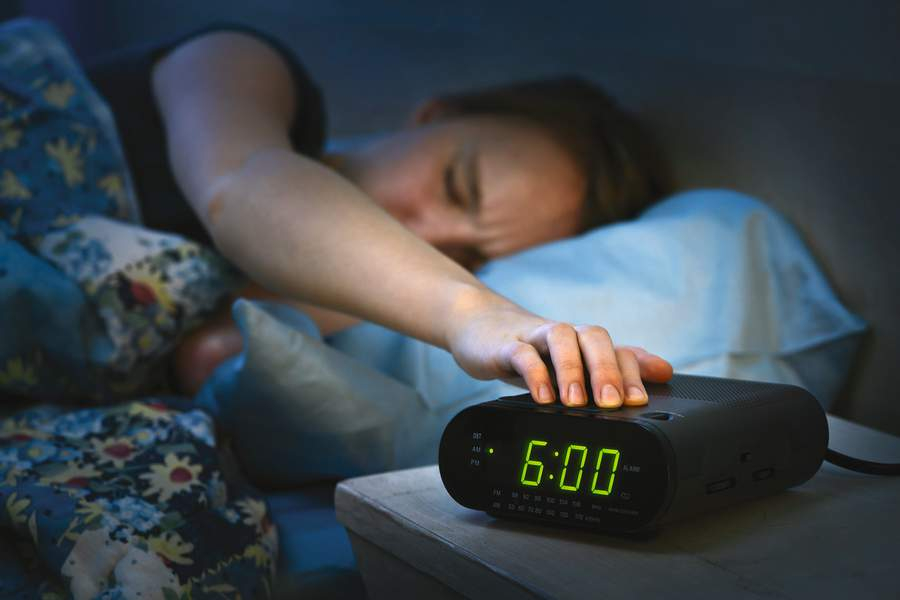
2. Create a relaxing routine
Holmes stresses that it is important to allocate some time to wind down before you go to bed, recommending that this begins around an hour before you want to sleep. This can include reading a book, taking a warm shower, listening to relaxing music or doing some breathing exercises.
As easy as it can be to wind down in bed with a scroll through social media, this exposure to blue light from your phone's screen can affect your body’s willingness to sleep. It not only increases your alertness, but it suppresses your body's sleep hormone melatonin, essentially tricking your body into thinking it's still day time.
Holmes also adds that working out late at night should be avoided as much as possible as this raises your internal body temperature which can make it harder to fall asleep.
3. Maintain a consistent schedule
Going hand in hand with the routine above, a consistent schedule of sleep and wake times will also help your body understand when it's time to switch off. This can not only speed up the time it takes to nod off, but improve the quality of your sleep when you eventually do too.
The reason for this is it regulates your circadian rhythm, your body's internal 24-hour clock which influences when you feel awake and sleepy. The stronger this rhythm, the bigger the signals it will send to your brain.
Going to bed at roughly the same time each night, waking at the same time each morning, getting early morning sunlight and avoiding late-night stimulants such as caffeine and alcohol are important techniques here.
Read moreRead less▼
Whoop 4.0: HRV and sleep tracker
13% off at Amazon UK | 17% off at Amazon USA
The Whoop 4.0 monitors multiple health metrics including heart rate variability, skin temperature and more, but where it adds value in this context is it automatically tracks your sleep and wake times and graphs them out over time to help you see how consistent your sleep-wake schedule is. It's a great tool that works away in the background, providing the data you need to improve your sleep.
4. Watch what you eat
Eating healthily is not only useful for nourishing your body to maximise recovery, it can also help you sleep better, leading to double the recovery gains.
Holmes recommends avoiding caffeine for at least four hours before bed, but things like nicotine, sugar, and alcohol should also be avoided as you wind down for bed.
Hydration is key too, but limiting too many liquids before bed will help to avoid the dreaded midnight toilet trip. Spicy or fatty foods should also be limited, as they can lead to indigestion and even heartburn, which aren't conducive to a restful night.
For more information, our in-depth feature on how sleep can improve your cycling has more.
Check out our Black Friday deals guides
- Black Friday bike deals - All the best deals in one place
- Black Friday Garmin - Smartwatches and bike computers
- Black Friday Wahoo - Bike computers and indoor trainers
- Black Friday Rapha - 25% off sitewide
- Black Friday cycling clothing - All soft goods, all good deals

Josh is Associate Editor of Cyclingnews – leading our content on the best bikes, kit and the latest breaking tech stories from the pro peloton. He has been with us since the summer of 2019 and throughout that time he's covered everything from buyer's guides and deals to the latest tech news and reviews.
On the bike, Josh has been riding and racing for over 15 years. He started out racing cross country in his teens back when 26-inch wheels and triple chainsets were still mainstream, but he found favour in road racing in his early 20s, racing at a local and national level for Somerset-based Team Tor 2000. These days he rides indoors for convenience and fitness, and outdoors for fun on road, gravel, 'cross and cross-country bikes, the latter usually with his two dogs in tow.
